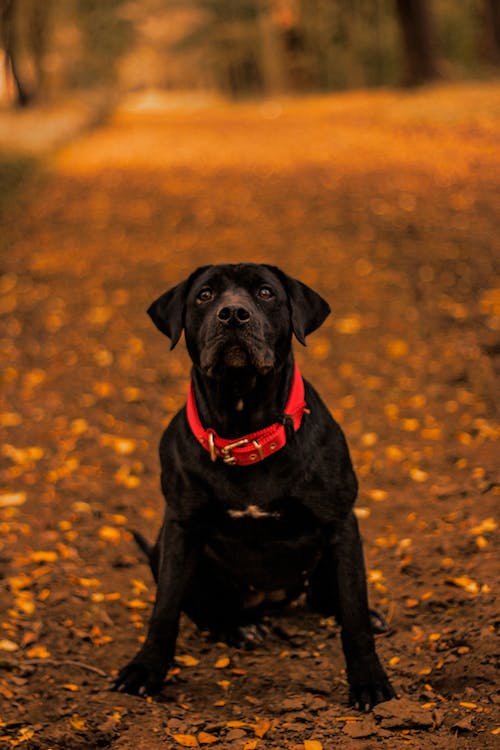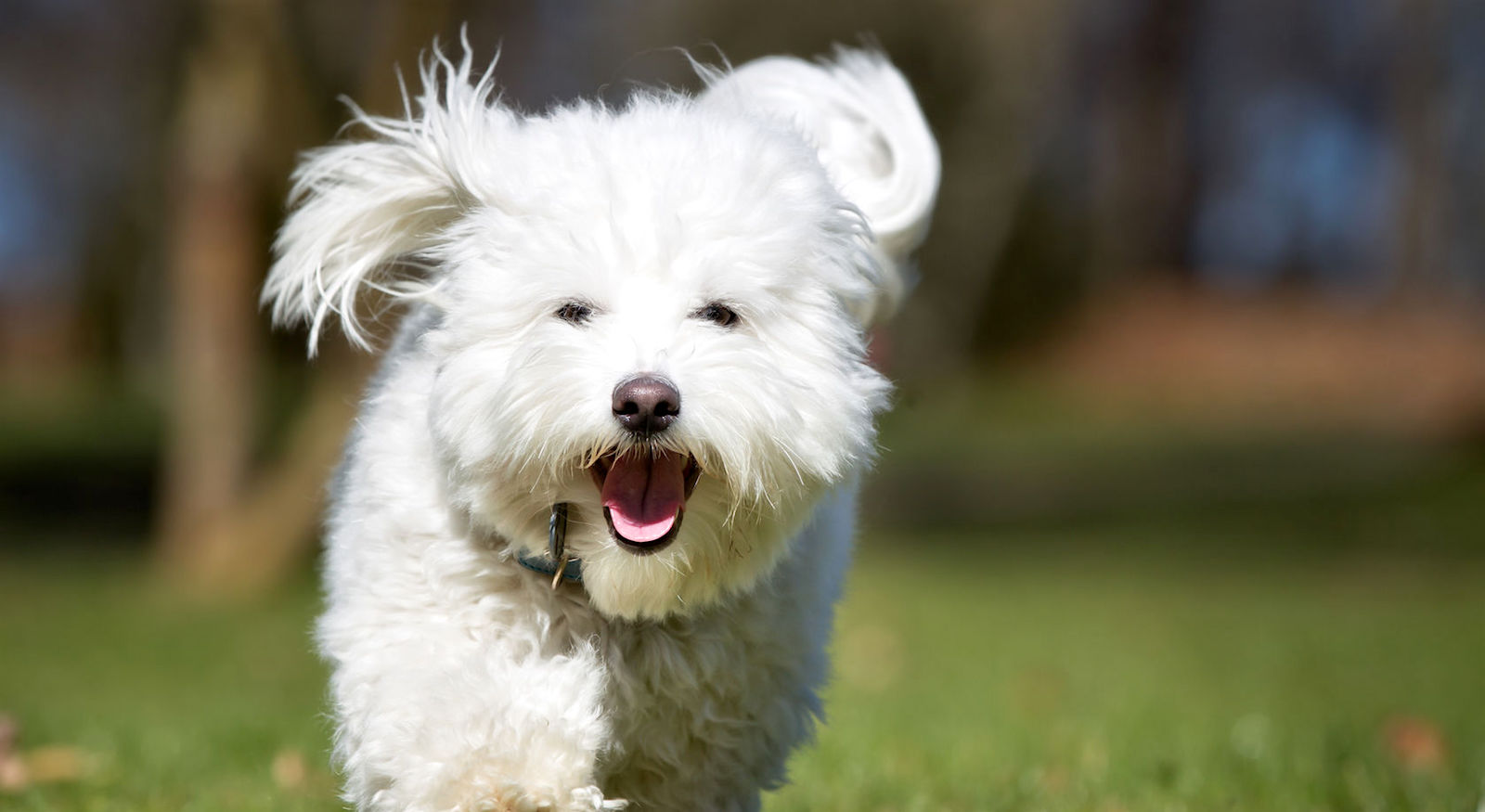Few dog skills are more important than a rock-solid recall. No matter the distraction, you want complete confidence your dog will come racing when you call their name. Building reliable recall relies on proper motivation, reducing competing influences, and rigorously rewarding response. Follow these tips to train a trustworthy, enthusiastic recall.
Why Strong Recall Matters
Having a dog who recalls immediately and consistently serves many vital purposes:
Safety – Securely calling your dog away from dangers like cars, wildlife, or aggression is essential to prevent tragedy. Delayed or selective listening compromises well-being.
Obedience – Coming when called tops the hierarchy of commands and reflects complete attention and deference to you. It establishes you as the decision maker.
Freedom – Excellent recall allows your dog greater privileges like off-leash fun, plus shows they can handle more responsibility.
Enrichment – Coming to you means rewards, bonding, play, and praise which enhances your relationship. Your dog sees you as the best thing ever!
Peace of Mind – Knowing your dog will return anytime brings comfort if they slip fences or escape houses. It provides control.
Ingraining prompt response to their name being called gives huge dividends for dog and owner alike.

Common Reasons for Poor Recall
Before tackling training, understand why your dog ignores your call:
Distractions – Other dogs, toys, and squirrels consume their focus, preventing registering your call at all. Very common in puppies.
Distance – Your voice doesn’t compete with environmental stimuli from afar. Also, rewards decrease motivation.
Fear – Timid dogs may hesitate approaching due to nerves or past punishment when recalled.
Stubbornness – Independent thinkers blow you off if something more rewarding holds their attention.
Confusion – Dogs don’t understand what “come!” fully means. Or it predicts something unpleasant ending their fun.
Adolescence – Teenage dogs test boundaries and ignore cues they once obeyed.
Hormones – Intact dogs are lured away by potential mates or lots of pee-mail to sniff.
Pinpointing the source of your recall problem guides training adjustments. Most dogs want to please but get distracted or lack motivation.
How to Teach Solid Recall to Puppies
Start instilling excellent recall early using high value treats, toys, and these steps:
Use a unique cue – Choose a word like “come!” as your specific recall cue and use it consistently. Avoid diluting with casual use.
Frequent short sessions – Practice several times a day in distraction-free environments for just a few minutes to set puppy up for success.
Reward always – Stuff your puppy with treats, affection, play immediately every successful recall, no matter how slow. Cease rewards the instant they turn away. You want to inspire urgency.
Increase difficulty gradually – Add mild distractions like favorite toys at a distance over time. Challenge them, but keep sessions positive.
Finish on a success – Even if they start ignoring you, recalibrate and end with an easy, rewarded recall to rebuild confidence.
Use a long lead – A 15-30 foot training lead lets you reel puppy back if they blow you off during practice until the cue is mastered.
With many rewarded repetitions, recall becomes fun and habitual for attentive puppies. But adolescent dogs need renewed focus.

Strengthening Recall in Adolescent Dogs
When teen dogs seem to forget recall training, re-motivate them using these tips:
Backtrack and reward – Return to distraction-free environments and reward lavishly again for successful recalls before rebuilding difficulty.
No punishment – Yelling or chasing dogs when they ignore you damages trust. Simply try again in a better set up for response.
Premier rewards – Up the reward value to special treats, chance to play with prized toys, cat chase time to inspire drive. Vary rewards so they don’t lose novelty.
Reinforce consistency – Randomly call your dog over throughout the day just to receive a treat. This maintains the reflex.
Use high-pitched praise – Adopt happy, high-pitched owner when your dog responds. This tone carries well and encourages speed.
Train with hunger – Hungry dogs are more food motivated. Train right before meals when their stomach is empty.
Puberty challenges recall, but sticking with positive approaches succeeds better than frustration or anger.
When to Get Professional Help for Recall Training
If you’ve diligently trained but your dog still blows you off:
- Consult a certified dog trainer about individual problem solving.
- Ask your vet about medical issues potentially affecting cognitive function, sight or hearing hindering response.
- Check for intact dogs nearby that could be competing motivation – neuter your male.
Rather than scolding, stay solution-focused. Consistency, creativity and optimism transform even stubborn recall refusal. Eventually that enthusiasm to race back and see you sticks!
Conclusion
A strong recall opens up your dog’s world, your peace of mind, and deepens your relationship built on trust and priority. While puppies grasp recall easily, adolescent and adult dogs need inspiration through highly valued rewards and experiences. Pinpoint the triggers impeding your dog’s recall and train ways to overcome them. With consistency, they will come to associate coming when called with the best payoff imaginable – your endless praise and approval!


